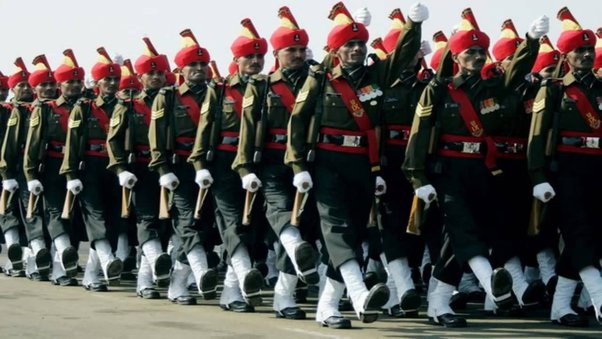
Many have closely followed the debate surrounding the introduction of caste-based reservations in the armed forces. This contentious issue has divided opinions and sparked heated discussions, with supporters and opponents of affirmative action policies making valid arguments.
In 1949, Field Marshal Kodandera M Cariappa, the Chief of Staff of the Indian Army at the time, was faced with a proposal to introduce caste-based reservation in the military. Cariappa vehemently opposed the idea, stating that “politics should not pave into the Army” and that the army should be “purely based on merit, no reservation at all.” He argued that introducing reservation would compromise the autonomy of the military and potentially lead to the disintegration of the nation.
While Cariappa’s initial reaction may seem extreme, his concerns are not unfounded. The military is a unique institution, with a specific mandate to protect the sovereignty and integrity of the nation. Any decision that could potentially compromise the strength and cohesion of the organisation must be carefully considered.
On the other hand, it is also undeniable that the Indian Army has a history of discrimination and exclusion, particularly against certain castes and communities. The implementation of affirmative action policies, including reservation, could be seen as a necessary measure to address this historical injustice and promote diversity and inclusion within the ranks.
Ultimately, the issue of reservation in the Indian Army is a complex one, with valid arguments on both sides. As a subject matter expert, I believe that any decisions regarding reservation must be carefully balanced with the need to maintain the strength and integrity of the organisation. While affirmative action policies may be necessary to address historical discrimination, they must not compromise the principle of meritocracy or the autonomy of the military.
In conclusion, the impact of reservation on the Indian Army is a contentious issue that requires careful consideration and a nuanced approach. As a society, it is our responsibility to ensure that the military is able to fulfil its mandate to protect and serve the nation, while also promoting diversity and inclusion within its ranks.
-The writer is a Defence and Aerospace Analyst. The views expressed are personal and do not necessarily reflect the views of Raksha Anirveda








